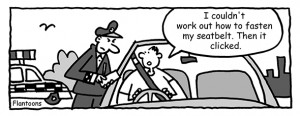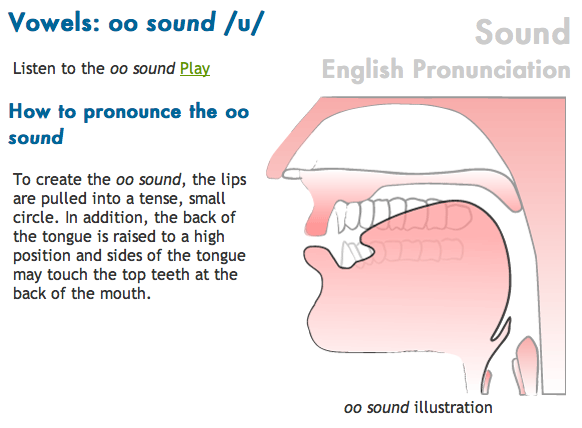Posts
https://skypenglish4u.com/wp-content/uploads/2014/04/click-logo-primary-1.jpg
280
280
Linda
http://skypenglish4u.com/wp-content/uploads/2016/10/SE4U2-2-4.jpg
Linda2014-04-23 16:18:432014-04-23 16:18:43Click
http://skypenglish4u.com/wp-content/uploads/2016/10/SE4U2-2-4.jpg
0
0
Kelsey
http://skypenglish4u.com/wp-content/uploads/2016/10/SE4U2-2-4.jpg
Kelsey2014-04-22 17:06:262014-04-22 17:06:26“Oo” vs. “W” – Especially for my Japanese students!
https://skypenglish4u.com/wp-content/uploads/2014/04/Oxford-Comma.jpg-1.png
847
1492
Jessica
http://skypenglish4u.com/wp-content/uploads/2016/10/SE4U2-2-4.jpg
Jessica2014-04-22 03:00:142014-04-22 03:00:14Oxford Comma
https://skypenglish4u.com/wp-content/uploads/2014/04/screen-shot-2014-01-27-at-3-42-39-pm-1.png
85
448
Kelsey
http://skypenglish4u.com/wp-content/uploads/2016/10/SE4U2-2-4.jpg
Kelsey2014-04-17 17:27:202014-04-17 17:27:20Connected Speech
https://skypenglish4u.com/wp-content/uploads/2014/04/ToungeTwisters1-1.jpg
1307
2120
Janet
http://skypenglish4u.com/wp-content/uploads/2016/10/SE4U2-2-4.jpg
Janet2014-04-14 17:41:262014-04-14 17:41:26TONGUE TWISTERS
https://skypenglish4u.com/wp-content/uploads/2014/04/marsha_but-1.jpg
267
400
Jessica
http://skypenglish4u.com/wp-content/uploads/2016/10/SE4U2-2-4.jpg
Jessica2014-04-09 16:09:452014-04-09 16:09:45But… synonyms and antonyms…
https://skypenglish4u.com/wp-content/uploads/2014/04/conversation-1.jpg
288
289
Linda
http://skypenglish4u.com/wp-content/uploads/2016/10/SE4U2-2-4.jpg
Linda2014-04-08 16:15:572014-04-08 16:15:57Intonation and Speed of Speaking
https://skypenglish4u.com/wp-content/uploads/2014/04/Carl-Icahn-Lectures-Apple-Gambles-Netflix-and-Threatens-eBay-2-1.jpg
352
640
Linda
http://skypenglish4u.com/wp-content/uploads/2016/10/SE4U2-2-4.jpg
Linda2014-04-02 18:27:442014-04-02 18:27:44Learning the eBay “Lingo”
https://skypenglish4u.com/wp-content/uploads/2014/03/Screen-Shot-2014-03-21-at-5.13.00-PM-1.png
168
381
Linda
http://skypenglish4u.com/wp-content/uploads/2016/10/SE4U2-2-4.jpg
Linda2014-03-21 17:45:322014-03-21 17:45:32the article 'the'
http://skypenglish4u.com/wp-content/uploads/2016/10/SE4U2-2-4.jpg
0
0
Kelsey
http://skypenglish4u.com/wp-content/uploads/2016/10/SE4U2-2-4.jpg
Kelsey2014-03-10 14:58:322014-03-10 14:58:32It's only English, how many accents could there be!?
Scroll to top



